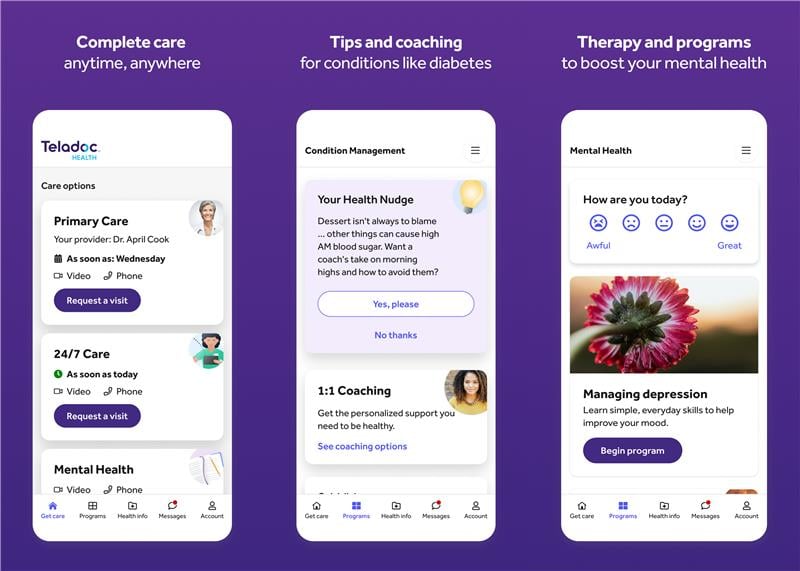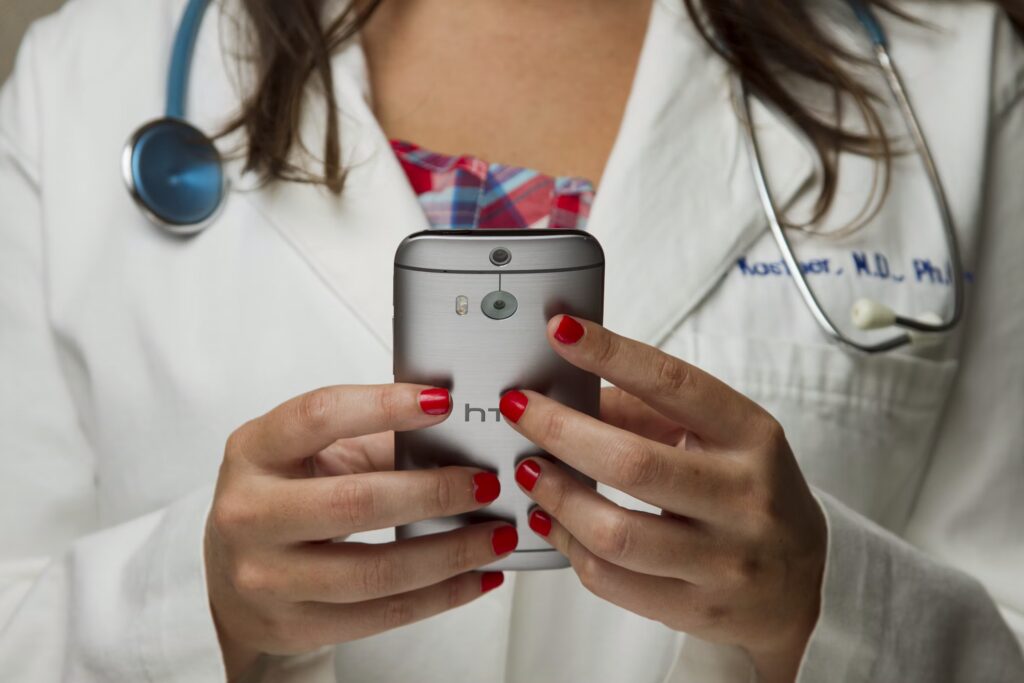The Rise of Clinic Apps: Transforming Healthcare Access and Management
In today’s fast-paced world, mobile applications have revolutionized various sectors, and healthcare is no exception. The advent of clinic apps has made it easier for patients to access medical services, streamline their healthcare journeys, and manage their health effectively. These apps are emerging as essential tools in improving patient engagement and enhancing administrative efficiency.
What is a Clinic App?
A clinic app is a mobile application designed specifically for healthcare environments to facilitate communication between healthcare providers and patients. Unlike generic health apps, clinic apps focus on delivering services within a clinical context, connecting various stakeholders in the healthcare system, including patients, doctors, and hospitals. These apps serve multiple purposes, including appointment scheduling, telemedicine services, and access to personal health record software. By integrating various features, clinic apps enhance patient experience and optimize clinic operations through proper electronic health record integration.
Features of a Clinic App
The effectiveness of clinic apps lies in their rich feature sets, designed to provide both convenience for patients and efficiency for healthcare providers. Here’s a closer look at some of the most essential features:
-
Appointment Scheduling: Patients can view available time slots and book appointments easily through their clinic app. This reduces the frustration often associated with long wait times and double bookings.
-
Telehealth Services: Telemedicine is increasingly becoming a standard practice. Clinic apps enable virtual consultations, allowing patients to connect with healthcare professionals without the need to travel.
-
Health Records Access: Secure access to medical histories and test results empowers patients to manage their health information effectively.
-
Medication Management: Features that provide reminders about prescribed medications and dosages help patients adhere to their treatment plans.
-
Billing and Payments: Users can view and pay their medical bills directly through the app, making the billing process seamless and eliminating confusion.
-
Secure Messaging: Encrypted messaging allows patients to communicate with healthcare providers, ensuring confidentiality.
-
Lab Results Access: Patients can receive and view test results in real-time through the clinic app, helping them stay informed about their health status.
-
Push Notifications: These reminders for appointments and health tips can be sent directly to patients’ devices, enhancing engagement.
-
Symptom Checker: Some clinic apps include AI-driven tools that help patients assess their symptoms and suggest potential health concerns.
-
Personal Health Dashboard: A self-monitoring feature within the clinic app allows patients to track their vital signs and fitness activities.
Popular Clinic Apps in the iOS App Store
The success and adoption of clinic apps are evident in the numerous options available on the iOS App Store. Here are three of the most popular clinic apps:
-
MyChart:
MyChart is a widely-used tool that allows patients to manage their healthcare from their smartphones. The app enables access to medical records, scheduling appointments, and communicating with healthcare providers.
- Zocdoc:
Zocdoc simplifies the process of finding nearby doctors and booking appointments. Patients can filter searches based on insurance, specialties, and availability, ensuring they find a provider that suits their needs quickly.

-
Teladoc:
As one of the leading telemedicine platforms, Teladoc offers virtual consultations with licensed doctors. Patients can discuss their health concerns and obtain prescriptions—all from the comfort of their homes.

Types of Clinic Apps
Clinic apps can be classified into various categories based on their functionalities, catering to different needs within the healthcare landscape:
-
Patient Management Apps: These focus on managing patient records and appointments, ensuring a streamlined experience.
-
Telehealth Apps: These applications facilitate remote consultations, bringing expert healthcare to patients regardless of their location.
-
Appointment Booking Apps: Designed to help patients find and book appointments with healthcare providers, enhancing the efficiency of scheduling.
-
Medication Reminder Apps: These assist patients in adhering to their prescribed medication regimens.
-
Health Monitoring Apps: These allow patients to track health metrics, often integrating with wearable devices.
-
Chronic Disease Management Apps: Specifically designed to help patients manage chronic conditions, providing tools for education and tracking.
Clinic App Development
As the rise of mHealth app development is continuously growing, developing a clinic app is a multifaceted process that involves careful planning, design, and execution. Before embarking on development, it is crucial to assess the clinic’s specific needs and regulatory requirements. Research typically includes evaluating competitors’ apps and identifying essential features that will provide value to users. Exploring custom healthcare software can help tailor solutions to meet specific challenges.
Two Approaches to Clinic App Development
There are two primary approaches for developing clinic apps: self-developing and outsourcing the development process to specialized service providers.
Self-Development
Self-developing a clinic app involves building the application in-house using internal resources and expertise. This approach provides several advantages, including:
-
Complete Control: Clinics have total control over the project, allowing for greater customization.
-
Tailored healthcare Solutions: This ensures that clinics can customize features to better serve their patient base.
-
Intellectual Property: Running development in-house keeps proprietary information secure.
However, self-development poses challenges:
-
Resource Intensive: It demands substantial investment in research, design, and coding.
-
Hiring Challenges: Clinics may face difficulties in recruiting skilled developers.
-
Ongoing Maintenance: Regular updates require continuous investment.
Outsource Development Service
Outsourcing a clinic app to a specialized service team can lead to several benefits:
-
Access to Expertise: Clinics can work with experienced developers who specialize in healthcare apps.
-
Efficiency: Established workflows enable outsourced teams to work faster and more effectively.
-
Cost-Effectiveness: Many outsourcing companies offer competitive pricing compared to hiring full-time developers.
-
Scalability: Outsourced services can quickly adjust to meet increasing demands.
However, outsourcing has its drawbacks:
-
Less Control: Clinics may have limited oversight during the development process.
-
Communication Challenges: Collaborating with a remote team can create communication hurdles.
-
Data Privacy Concerns: Clinics must ensure that the external development team adheres to data security standards.
Conclusion
As technology continues to develop, clinic apps are transforming how patients and healthcare providers interact, making healthcare more accessible and manageable. More than just scheduling tools, these apps integrate essential features that empower patients and enhance healthcare outcomes. Investing in a healthcare mobile app development strategy will ensure that clinics remain competitive and responsive to their patients’ needs. Ultimately, whether clinics choose in-house development or partner with external service providers, investing in a clinic app can significantly improve the efficiency and accessibility of healthcare delivery. The future of patient care is undeniably digital, and healthcare app ideas that focus on innovation will play a critical role in enhancing the overall patient experience.



